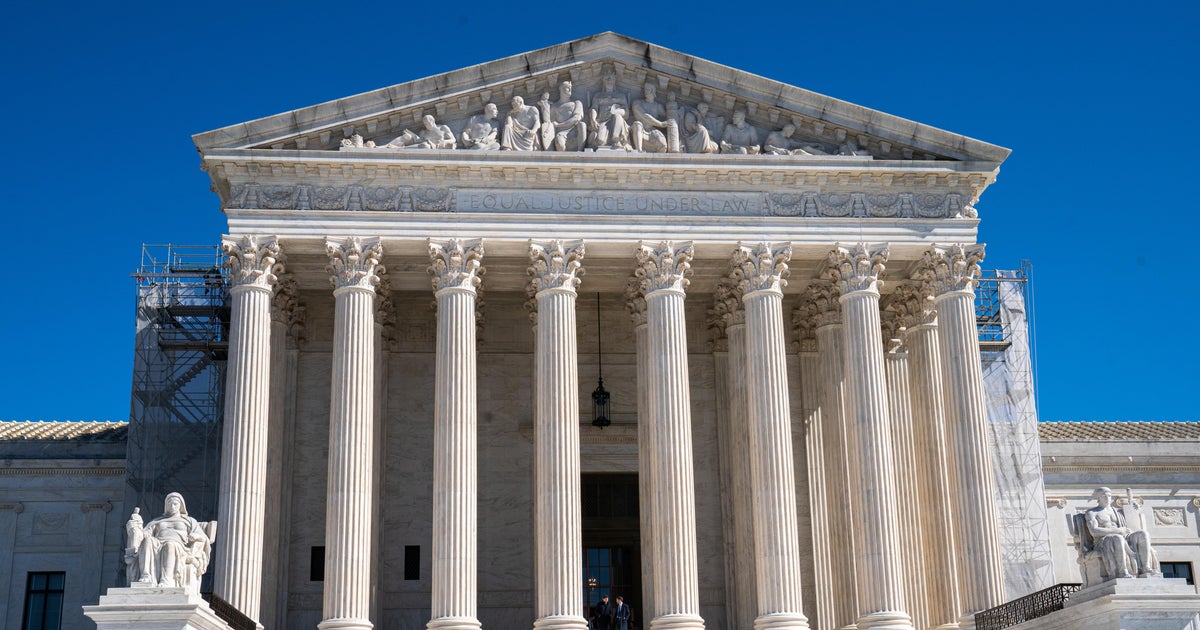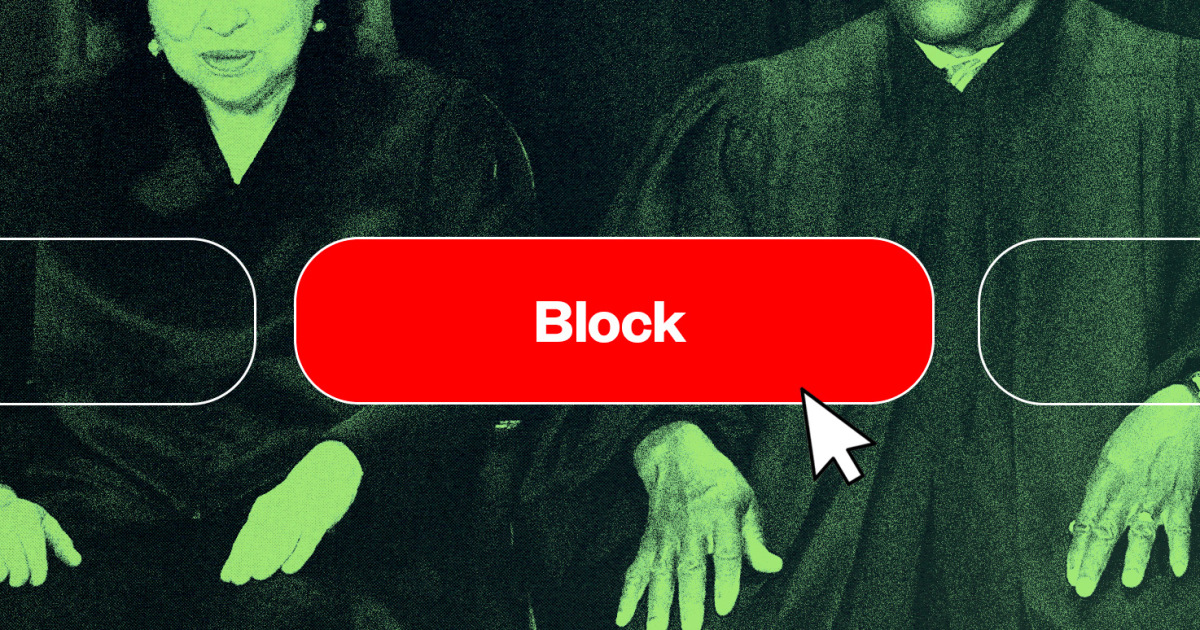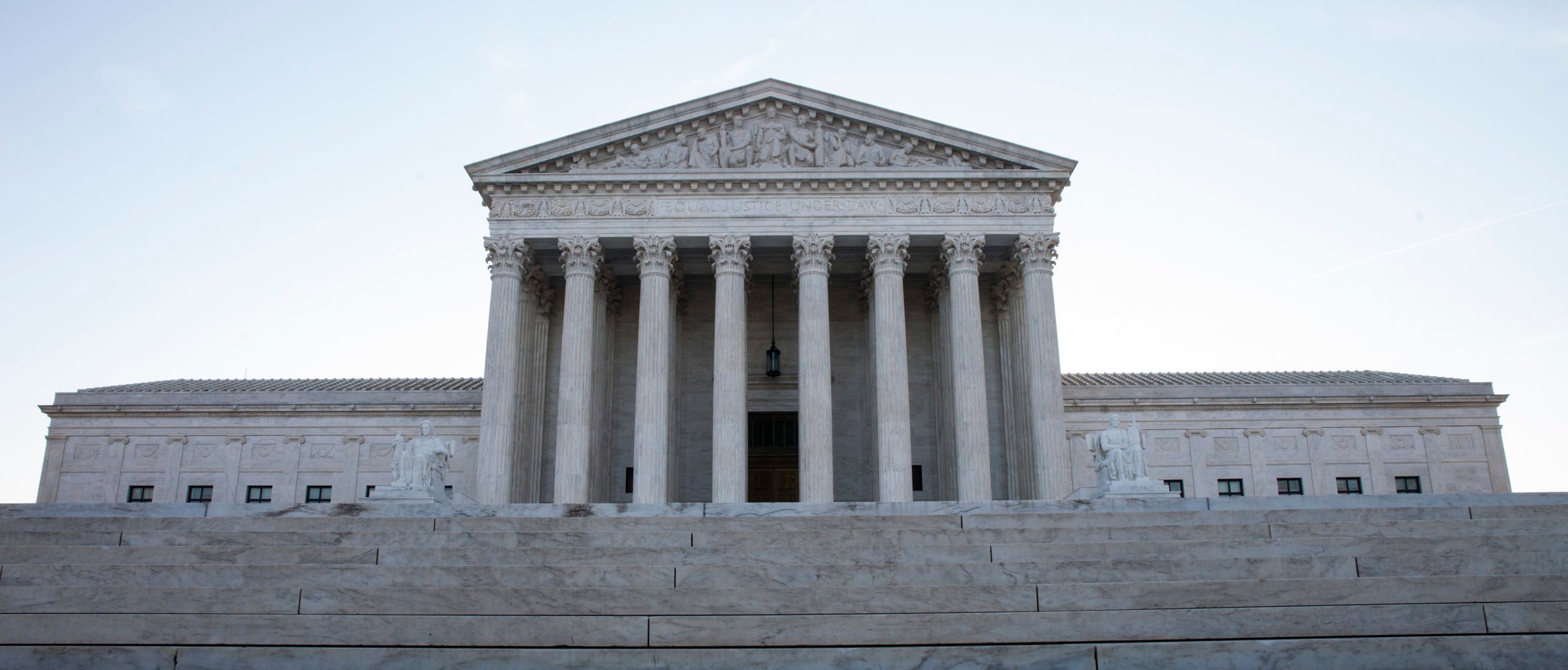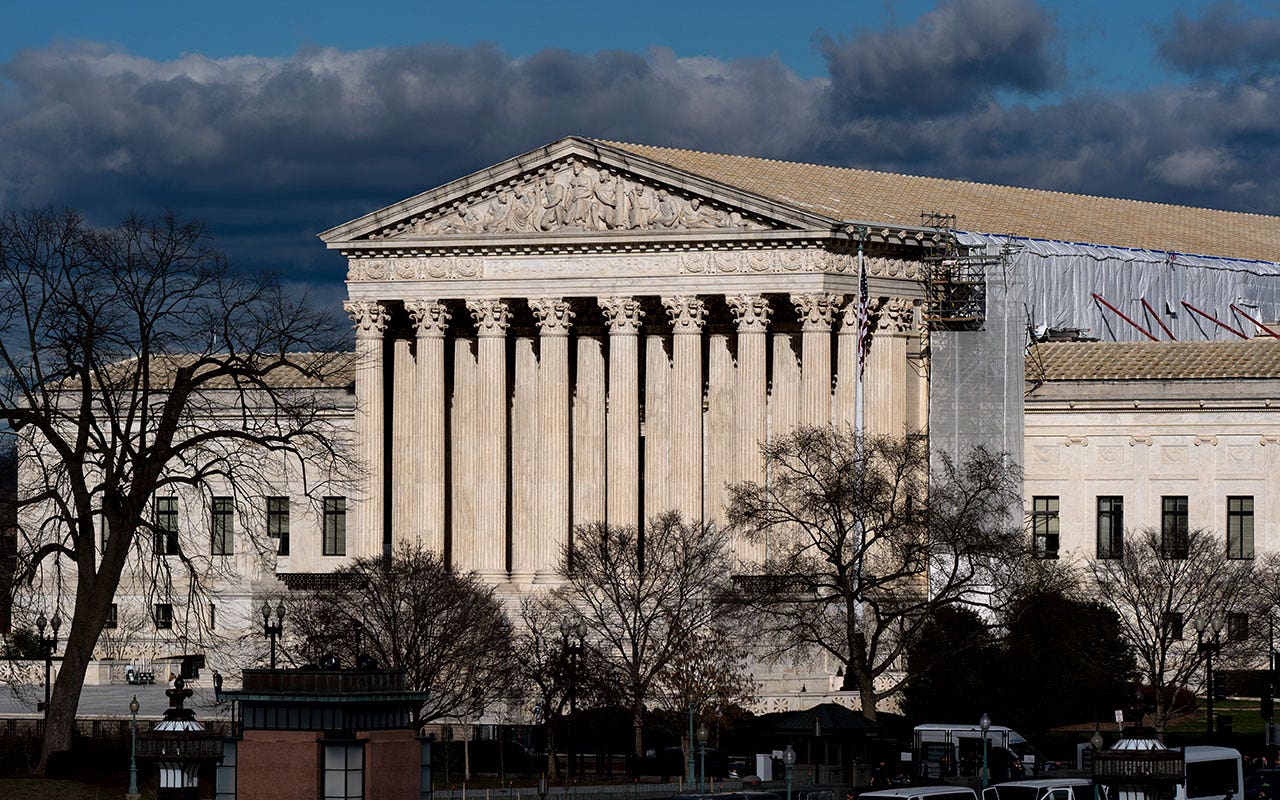The Facts
The US Supreme Court (SCOTUS) on Tuesday heard oral arguments in two cases — O'Connor-Ratcliff v. Garnier and Lindke v. Freed — related to liability for public officials who block followers on their personal social media accounts.
O’Connor-Ratcliff v. Garnier centers around Michelle O’Connor and TJ Zane — two elected members of a California school board — who used their personal Facebook and Twitter accounts to reach the public.
The Spin
Pro-establishment narrative
Elected officials shouldn’t have to treat all their social media interactions as official business. And, in turn, if they’re not using a social media platform to conduct government actions, it’s their First Amendment right to block anyone they choose. This is a nonpartisan issue, as the Biden administration is taking the same position as Trump supporters.
Establishment-critical narrative
Democratic rights must be protected as much online as in reality. In both realms, the First Amendment exists to protect citizens from government censorship and to prevent the government from suppressing dissent. Blocking citizens online is the same as silencing someone at a public meeting or a government proceeding. SCOTUS should find for the plaintiffs in both these cases.










